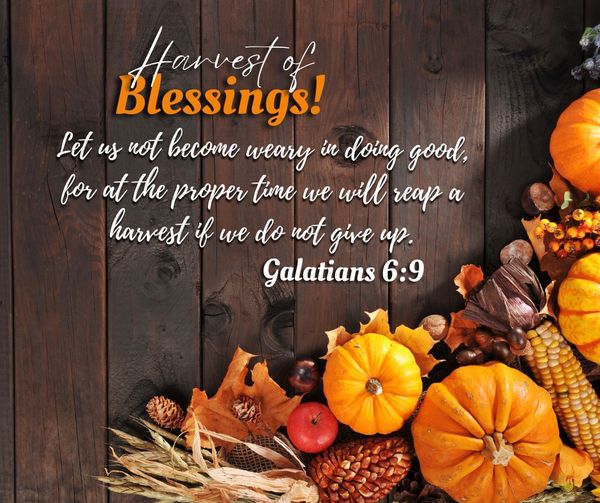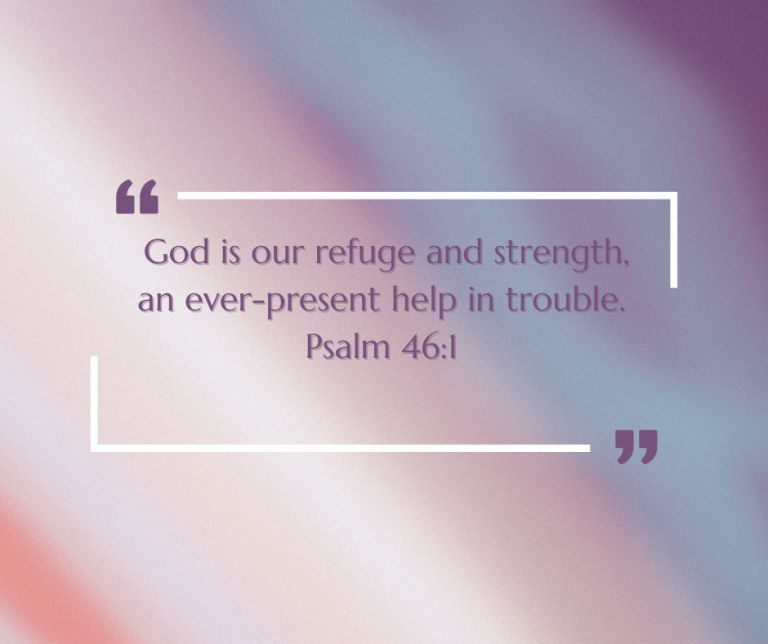Romans 15:13 (NIV) – “May the God of hope fill you with all joy and peace as you trust in Him, so that you may overflow with hope by the power of the Holy Spirit.”
As I consider the meaning of hope and how it works in trying times, I am reminded of a boyhood experience. I recall how fascinating it was when I planted a bean in a small plot of soil. I Watched as it broke through the ground, reaching for the sun, persisting even in harsh conditions. The seed’s journey mirrors our journey of cultivating hope in trying times.
In the aftermath of the global pandemic, many of us are wrestling with profound loss, grappling with uncertainty, and longing to return to what was once familiar. The world may seem barren, much like the soil before seed sprouts. However, the word of God reminds us that we are not without what we need to survive and thrive. Listen to the terms of the text.
The hope spoken of here is not a vague optimism or wishful thinking, but a confident expectation based on the promises and faithfulness of God. Like a seed that holds the promise of life within, we, too, can cultivate hope amidst trying circumstances. Furthermore, this hope does not come from us or the world around us but from God. He is the one who fills us with all joy and peace as we trust in Him, enabling us to overflow with hope.

Reflection
The seed’s journey takes work. It faces darkness and harsh weather and struggles to break through the soil. But much like the seed that patiently waits beneath the surface, unaware of when it will finally break through, we too may face hardships and periods of darkness. Yet, like the seed, we can persist, drawing nourishment and strength from God, our source of hope. In my life, I remember a time when a personal loss felt like a harsh winter, but the eventual spring of hope was only possible because of the warmth and nourishment of God’s promises.
Supporting Scriptures
1. Jeremiah 29:11 (NIV): “For I know the plans I have for you,” declares the Lord, “plans to prosper you and not to harm you, plans to give you hope and a future.”
2. Hebrews 10:23 (NIV): “Let us hold unswervingly to the hope we profess, for he who promised is faithful.”
Takeaway
We can cultivate hope by rooting ourselves in God’s promises. Just as the seed grows toward the light, we, too, can grow toward God’s ray of hope and trust in His plans for us. This hope is not dependent on our circumstances but is grounded in the faithful and true One.
Action Steps
1. Pray: Start each day by asking God to fill you with His hope.
2. Reflect: Spend time reflecting on God’s promises found in scripture. An excellent place to start is Romans 15:4 – “For everything that was written in the past was written to teach us, so that through the endurance taught in the Scriptures and the encouragement they provide we might have hope.”
3. Trust: Actively trust God’s plans for your life each day, just like the seed trusts in the sunlight it cannot yet see.
4. Share: Connect with others and share your experiences, providing mutual support and encouragement. Share your ‘seed’ story with someone this week.
5. Serve: Look for opportunities to serve others, often bringing hope to both the giver and the recipient. Consider volunteering at a local charity or offering help to a neighbor in need.
6. Gratitude: Practice gratitude for how God has been faithful in the past, reminding yourself of His ongoing faithfulness. Write down three things you’re grateful for each day.
Interactive Element: This week, plant a seed in a pot or garden and tend to it daily. As you nurture it, think about how you are cultivating hope in your life.






